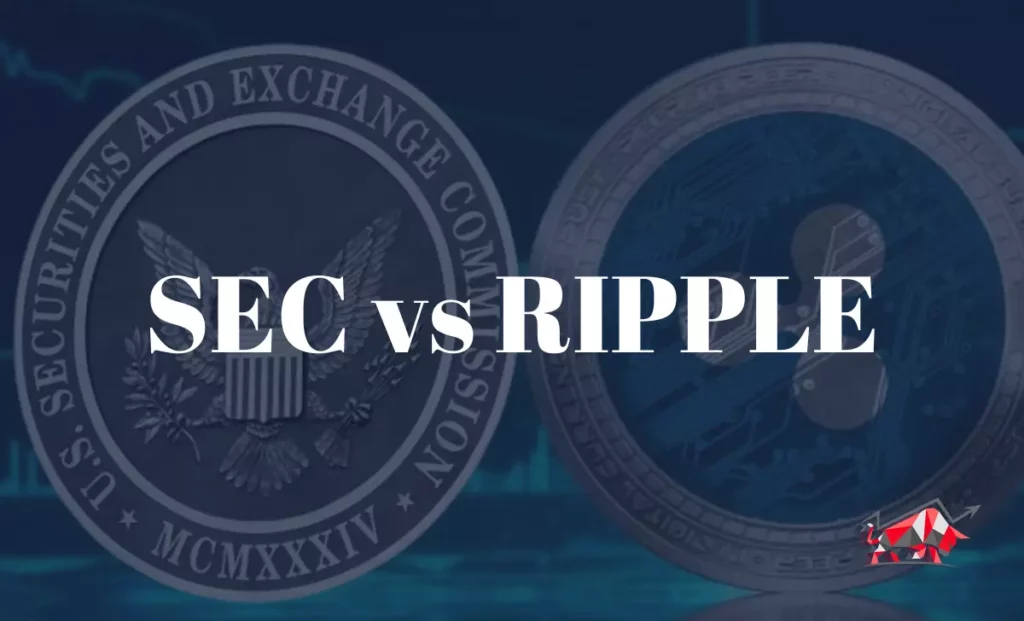The U.S. Securities and Exchange Commission (SEC) has taken a significant step in its ongoing legal battle with Ripple by filing a motion to request permission to appeal a federal court ruling from the previous month. The ruling had asserted that secondary sales of Ripple’s XRP token should not be classified as securities, prompting a fresh round of legal wrangling in the crypto space.
In the motion filed on Friday, the commission highlighted the existence of “substantial grounds for difference of opinion” surrounding the application of securities laws to the cryptocurrency domain. This latest development comes in the wake of a separate case involving Terraform Labs, where the court’s judgment diverged from that of Judge Analisa Torres’s ruling in the Ripple case.
The agency’s motion took issue with two specific rulings made by Judge Torres in the preceding month. The first point of contention centered around the classification of “Programmatic Sales” of XRP, referring to secondary market sales. The commission argued that these sales failed to meet the criteria set out in the Howey Test, a well-established framework for determining whether an asset qualifies as a security.
Furthermore, the motion contested Judge Torres’s ruling that “Other Distributions” of XRP, such as payments for services, also did not align with the Howey Test’s parameters. The commission maintained that there were significant grounds to question the correctness of both rulings, stating, “Since this Court’s decision, another court in this district explicitly disagreed with the Order’s ruling on the Programmatic Sales.”
District Judge Rejects Terraform Labs’ Attempt to Dismiss SEC Case Involving TerraUSD Stablecoin
Terraform Labs, a prominent player in the cryptocurrency space, made an ambitious move to seek the dismissal of a similar case brought forth by the U.S. Securities and Exchange Commission. The case in question pertains to allegations of securities fraud, specifically focusing on Terraform Labs’ failure to register its TerraUSD (UST) stablecoin, which has since encountered setbacks.
District Judge Jed Rakoff, presiding over the matter, firmly rejected Terraform Labs’ arguments. The company’s assertion to distinguish between “institutional” and “secondary” market sales as a means of avoiding classification as a security failed to sway the judge’s decision. In a notable statement, Judge Rakoff highlighted that the established Howey Test, a legal framework used to determine whether a transaction involves an investment contract, does not differentiate between market types as suggested by Terraform Labs.
The commission, citing a range of precedents, drew attention to its past enforcement actions involving platforms like Telegram and LBRY, which further supported its stance that securities act violations have been identified when transactions occur through intermediaries, including exchanges.
“In the interpretation of the Terraform court, the key factor hinges on the issuer’s communicated understanding to investors, rather than the specific mechanics of the transaction,” asserted the commission. This stance underscores the importance of how the issuer presents the investment opportunity to potential investors, irrespective of the means by which the transaction is carried out.
Furthermore, the commission emphasized that the origin of purchase for XRP, the cryptocurrency central to the Ripple case, should not determine whether Ripple had fostered a reasonable expectation of profit for its investors. This expectation of profit is a fundamental element in defining an investment contract, according to the pillars established by securities laws.


